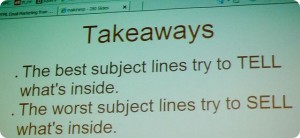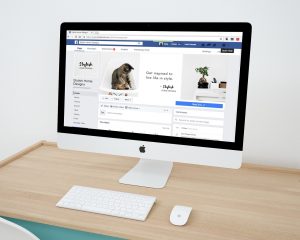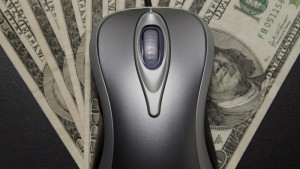By Prashant Sharma, Published October 30, 2014
For entrepreneurs and work-from-home types, the IRS can sometimes seem like the bogeyman. It is the comic-book arch villain that has endless resources to hunt down all its enemies, methodically and mercilessly grinding them underfoot, one insignificant dream at a time. No matter how small and underfunded your small business is, you feel as if the IRS has a person, nay, a team, a crack-team of experts combing through your every transaction, just waiting for you to give them a reason to pounce. The bad news is that they do have the resources to make this true, but the good news is that even the bogeyman has rules, and can’t just go chomping through the suburbs, mindlessly eating every villager it happens to encounter. Those rules are there to protect you from your greatest fears–the much feared, five letter word, Audit. It is funny how audit feels a lot like Inquisition. You would be slightly better off if you just confess to something. But if you have everything in order, you can survive an audit. Better yet, you can avoid one altogether if you use BEST practices from the start.
What follows are a few tips to work from home legitimately without running afoul of the IRS:
Separate Everything
There are excellent reasons to separate everything with regards to business and personal. One of the best reasons is that the IRS takes a dim view of you trying to pass off the $ 10,000 of new living room furniture as waiting room furniture and, thus, a tax write-off. You are going to have to do a lot better than that. Buying a new Mac Pro for business, and using it mostly to watch Netflix and play Bejeweled is not going to go over too well, either.
There is also the financial disaster that awaits those who tie their business to their personal resources. Midwest One Bank recommends never using a personal credit card for business because by using your personal credit card for your business expenses, you are putting your own credit record on the line. If your business is going through a tough time, an unpaid credit card bill would not only hurt the business but also your personal credit history.
Credit repair firms have earned a reputation for helping people establish good credit after such a disaster, but of course it is better to be sure you never have the problem in the first place. You don’t want to practice good credit repair; you want to practice good credit protection. The best way to do this while working from home is to separate everything.
Document Everything
A shoebox full of receipts: Is that really the best you can do? I suppose you keep your money under your mattress in case the whole banking system goes down. This is 2014. We can do better. It is time to retire the shoebox and your pen and paper ledger. You need a computer, and probably a smartphone.
There is software that can automatically log expenses from debit and credit cards, and help track spending by separating expense categories like gas and office supplies. Some apps even let you scan receipts, allowing you to do away with that shoebox once and for all.
If you are working from home, there is little chance you are driving a separate vehicle for business. Documenting business mileage is extremely important. To that end, there are plenty of apps that help you track and log mileage.
Report Everything
If there is one thing the IRS hates, it’s surprises. They want to be informed about every little thing. They do not like being the last to know anything that has to do with your finances. If they are going to come down on you hard, it will likely have to do with something they felt like you were trying to hide.
It is easy to get into a pattern of only reporting what you think you have to. That quickly turns into withholding what you think you can get away with. There are plenty of states that do not collect sales taxes from Amazon. It does not mean that you have tax-free purchases. It means that you are responsible for reporting those purchases yourself. Of course, who, in their right minds, would ever do such a thing. Someone interested in obeying the law: That’s who!
How much work have you done under the table? That is slang for getting paid without appropriate documentation of the income. This happens a lot with independent contractors. Those are often people who work from home. There are specific forms for independent contractors. It cuts both ways. Not only do you not want to be caught getting paid under the table, you don’t want to get caught paying under the table. Like it or not, every part of that transaction is the IRS’ business.
By separating everything, documenting everything, and reporting everything, you can keep one step ahead of the bogeyman.
Photo credit: r8r via photopin cc
Business Articles | Business 2 Community
(342)
Report Post







